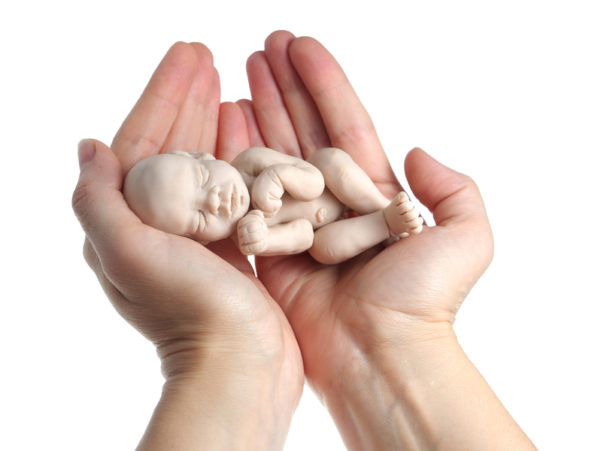The term ‘fatal foetal abnormality’ has become one of the most used ones in the debate over whether we should retain, repeal or amend the pro-life provision in our Constitution, that is to say, the ‘Eighth amendment’. The phrase ‘fatal foetal abnormality’ is controversial. It seems to dehumanise the child in the womb and it gives the impression that the child has no hope of life, that it will be dead at birth or almost immediately afterwards.
Fortunately, new bereavement guidelines just issued by the HSE for use with parents who have just lost a baby prefers to use the term ‘life-limiting condition’ instead. Hopefully the media and our politicians will follow suit.
‘Life-limiting condition’ is a much better terms for babies with a terminal illness like Trisomy 13 or 18. These babies can live for weeks or months or even in some cases years after birth. Why should they have no right to life at all simply by virtue of the fact that they have a terminal condition?
To deprive unborn children with a terminal condition of the right to life is, in fact, a form of eugenics. We are saying that such babies do not have a right to be born because they are not deemed healthy enough. This is the very essence of eugenics, which means ‘well born’.
There was a very strong pro-eugenics movement in the Western world before World War II. The economist John Maynard Keynes was among the many extremely notable figures who promoted eugenics.
For obvious reasons, eugenics gained a very bad name after World War II. Nazi Germany was an enthusiastic practitioner of eugenics in the name of perfecting the ‘master race’.
But even countries like Social Democratic Sweden practiced eugenics on a wide scale both before and after the war. They wanted to ‘perfect’ Swedish society in the name of ‘scientific rationality’. They dismissed the objections of the Churches as so much irrationality. The practice was only completely abandoned by the Swedes in the 1970s.
Today, we seem to have convinced ourselves that eugenics no longer exists. This appears to be due to the fact that nation-states do not run formal eugenics programmes anymore. But eugenics is, in fact, very widely practiced today. How else do we explain the fact that so many children with Down Syndrome are aborted, and how else do we explain our apparently growing willingness to remove the protection of the law from unborn children diagnosed with an ultimately terminal condition like Trisomy 13 or 18?
















